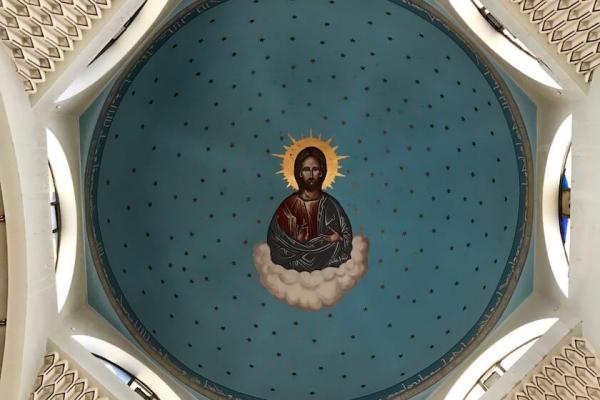Feb 22, 2017
We’re in a bombed-out church in the heart of Mosul, where ISIS had painted a giant black flag on the cross out front.
Where thousands of Christian homes were marked with the Arabic letter “N,” their lives threatened with the sword, their possessions looted, families ultimately driven out of their ancestral neighborhoods like cattle.
Read the Full Article

Already a subscriber? Login
